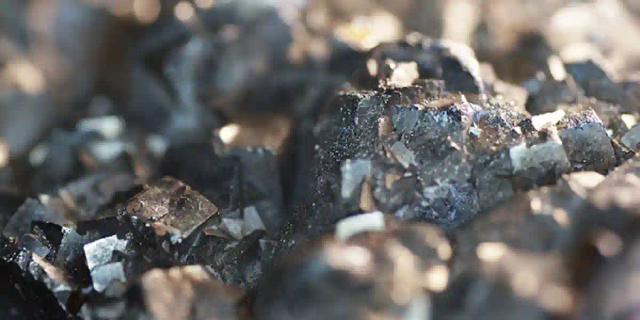World Bank Says African Countries Only Collect 40% Of Potential Revenue From Natural Resources

The World Bank has said resource-rich countries in Sub-Saharan Africa only collect an average of 40% of potential revenue from natural resources.
In its report released on May 10, titled Africa’s Resource Future, the World Bank said the countries in that region have an opportunity to better utilise their resources to finance public programs, diversify their economy, and expand energy access.
By implementing reforms, adopting better policies, investing in fiscal administration, and promoting good governance, governments could increase revenue by more than double.
The bank said it is also crucial to fully tax natural resources to cover the full cost of environmental and social impacts not always borne by producers, including petroleum resources, as failing to do so can act as an implicit production subsidy and increase carbon emissions.
James Cust, Senior Economist in the World Bank Africa Region and co-editor of the report said:
Latest Samsung Galaxy A05s available on Pindula:
128GB storage, 6GB RAM
$148 USD
WhatsApp +263715068543
Maximizing government revenues in the form of royalties and taxes paid by private natural resource industries, alongside attracting new investment, would offer a double dividend for people and planet by increasing fiscal space and removing implicit production subsidies.
The report warns against the “resource curse” where natural resource wealth does not guarantee inclusive growth and prosperity. The report suggests that governments should invest resource rents into productive capital, including health, education, and infrastructure, and promote regional integration to harmonise mining taxes and royalties.
The report highlights that resource-rich countries have been less resilient to economic shocks and slower in poverty reduction progress in the past.
According to Albert Zeufack, World Bank Country Director for Angola, Burundi, DRC, and Sao Tome and Principe, a regional approach to the extractives sector can create more value and jobs for people living in resource-rich countries beyond extraction alone.
Good governance, sound macro-fiscal management of resource revenues, and preparation for a low-carbon future are critical to a just transition for Africa and the world, and central to Africa’s economic transformation.
The report also said regional trade and economic integration, including the African Continental Free Trade Area, can facilitate the development of the mine-to-market value chain within Africa, making resource-driven development more viable. The agreement also has the potential to reduce tariffs by 90% over the next 5-10 years.





